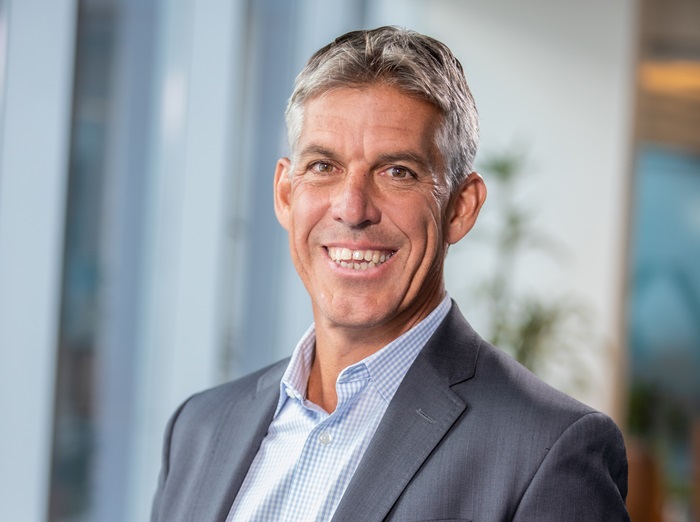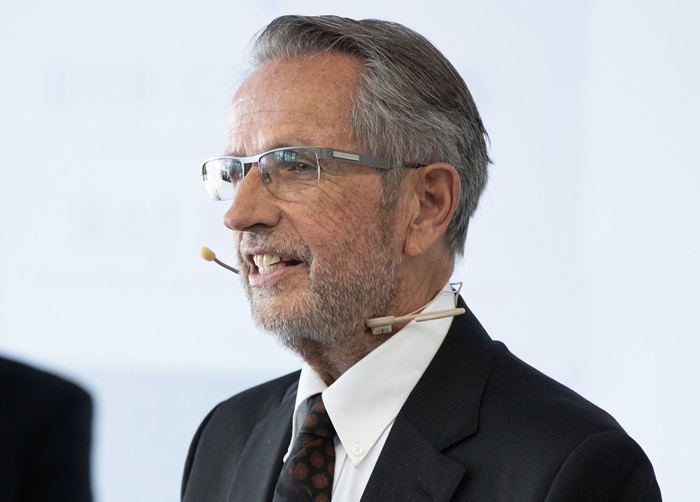Remember Empty Shelves and Stockpiled Toilet Paper – Blue Yonder’s AI Solution Promises Never Again
By Chris Benguhe, RaeAnne Marsh and Elaine Pofeldt | May 2, 2024 12:04 pm
CEO Duncan Angove supercharges the supply chain and discovers it creates opportunities for employees.

Supply chain has always been an important foundation of commerce; it was the Covid-19 pandemic that brought it out of the shadows. Commenting on that phenomenon, Blue Yonder CEO Duncan Angove says, “It’s funny, Chris. Once something stops working, people suddenly notice it. Supply chain was kind of under the covers and people didn’t really even know what it was. And you don’t have to explain to people anymore what a supply chain is because of the shortages, inflation, labor shortages, lack of supply chain, resiliency, Suez Canal, you name it. … And for pretty much every company out there, sort of put at the top of agenda to say, ‘Okay, we’ve got to focus on this with some real intent.’”
That’s the realm Blue Yonder has long been fulfilling. “Think of us as sort of the world’s operating system for supply chains and commerce,” Duncan says. Talking about a lot of the nuts and bolts involved anywhere “stuff gets moved, bought, sold,” Duncan shares, “Commerce and trade take place in the supply chains that underpin it,” and adds, “
It’s running on our software. So, we have to predict consumer demand where it happens and then figure out how to fill it and kind of orchestrate all of that.”
Although the term “supply chain” rolls easily off our tongue now, the complexity is mind-boggling. AI is making a big difference, and Duncan discusses a multitude of ways this is happening, from “a retailer with tens of thousands of skews and thousands of stores and warehouses, suppliers, and just the complexity of doing all of that …” to helping people build their individual playlists based on what they listen to, and he notes, “It’d be very, very hard to run a modern supply chain today without machine learning — deep learning, predictive AI.”
However, asked if the pandemic-driven advances will avert the disruptions we so recently suffered, however, he responds by discussing where our level of resilience still needs to reach as well as the disruption in viewing supply chain more long term than in discrete problems such as forecasting and replenishing a single retail store.
Bringing up another hard question, “Does that type of AI replace people,” Duncan offers the short answer, “No necessarily.”
To listen in on our exclusive Social Capital interview as Duncan expounds on supply chain and AI’s impact on the disparate topics of workforce, lifestyle and landfills, click on the link below.




